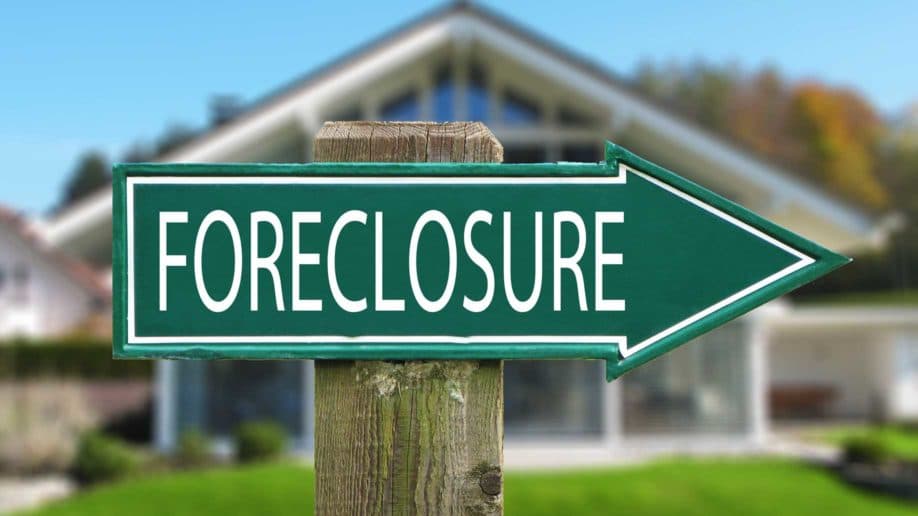For seniors looking for a new venture, house flipping offers a compelling blend of creativity…

Foreclosure occurs when a homeowner is unable or unwilling to make their monthly mortgage payment. If you fail to make three consecutive payments on your home loan, your lender may file a Notice of Default, or NOD. The NOD informs you of the bank’s intent to foreclose on your home unless you contact your bank and take steps to bring your loan current.
If you’ve fallen behind on your mortgage, the prospect of losing your home can be frightening and overwhelming. You may feel inclined to ignore the NOD and accept the fact that you will lose your home. Don’t give in! You still have time to save your home up until almost the time that the bank seizes your home.
Communication Is Key
You have rights. By state law, your mortgage company must inform you of their intent to foreclose and to give you a timeline to bring your loan current. Just as important as their communications to you is your response. If you want to keep your home, contact your bank. Set up a time to speak with a mortgage specialist to explain that you want to stay in the home and explain your intent to pay back your debt to the bank.
Fight the urge to ignore your bank. You have the power to keep your home, even if your financial situation has changed, but if you do not respond to their attempts at communication, you risk certain foreclosure.
You Have Options
There are many options to avoid foreclosure. The most important fact you need to remember is that in most cases, your lender does not want to foreclose on your home. This process is time-consuming and expensive. The bank will most certainly lose money in the end, not to mention losing a mortgage customer.
If you have not yet defaulted and your credit is still relatively sound, ask your lender for a loan modification. A loan modification changes the terms of your existing loan, usually lowering your interest rate and the length of your loan. You can arrange for another loan to pay back any missed payments of fees as well.
Refinancing your current loan with the same mortgage company or a new one is another option. A refinance will allow you to access any equity you’ve built in your home to pay down any outstanding bills you have with your current mortgage company and other creditors.
You can also ask your bank for a forbearance. A forbearance is a suspension of your monthly mortgage obligation for a specified period of time. Forbearance includes a written plan to pay back the missed payments and penalties. In some cases, your lender may permanently waive the missed payments.
Even if your credit has already taken a hit, you have many options. They begin with contacting your bank to discuss a plan.
Don’t Give Up
Remembering that your lender doesn’t want to foreclose is important. Work with them to right your mortgage obligation.
Additionally, the Federal Government has implemented many programs to assist homeowners at risk of foreclosure. You can contact a HUD foreclosure counselor to help you understand your rights and responsibilities when facing foreclosure.
Foreclosure is dramatic and traumatic, but you can avoid it if you’re motivated. Stay informed, communicate with your lender, and seek guidance from mortgage professionals to understand your rights.


